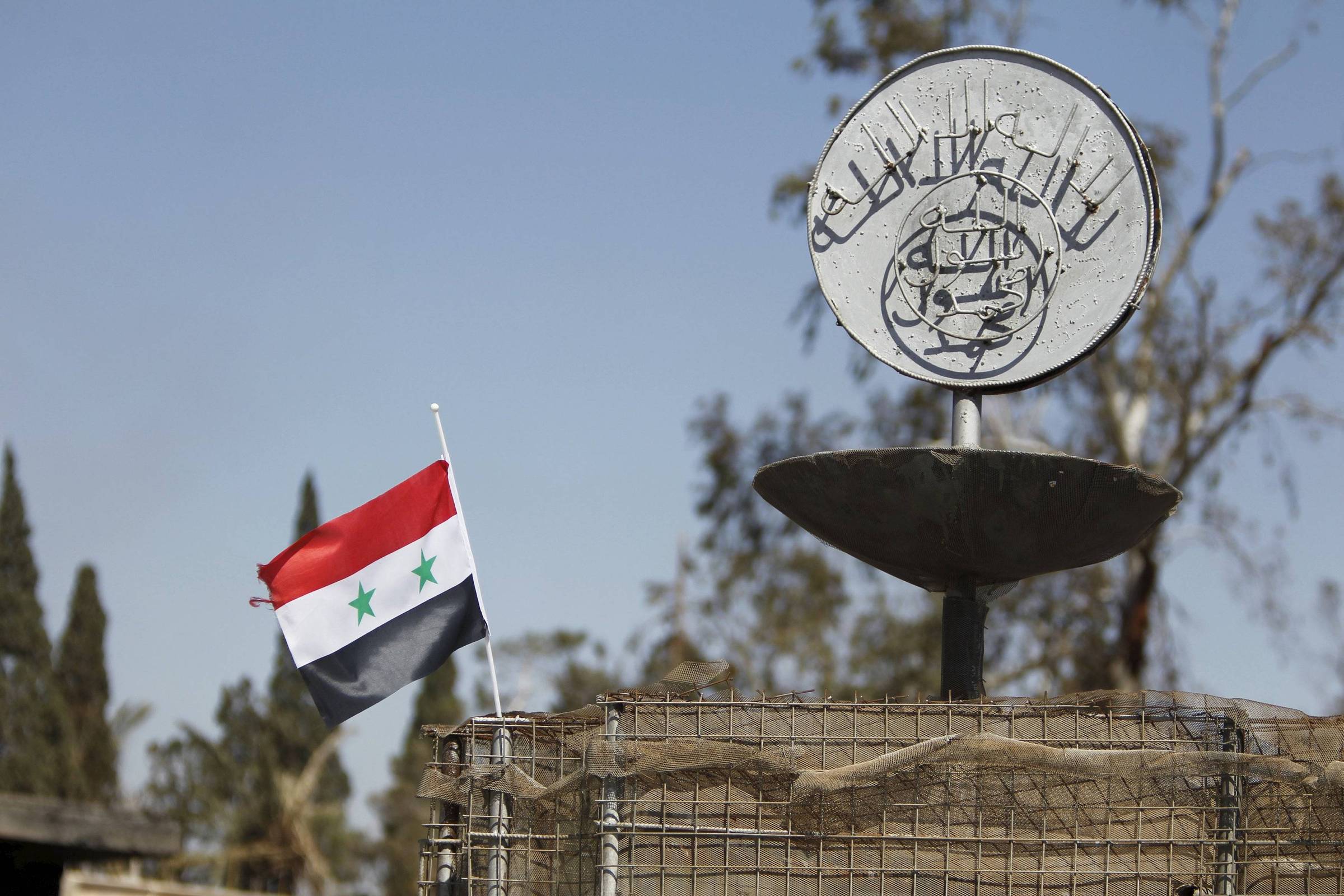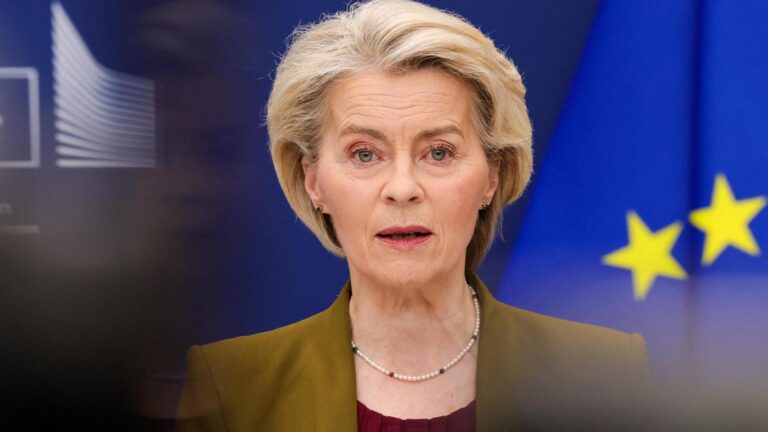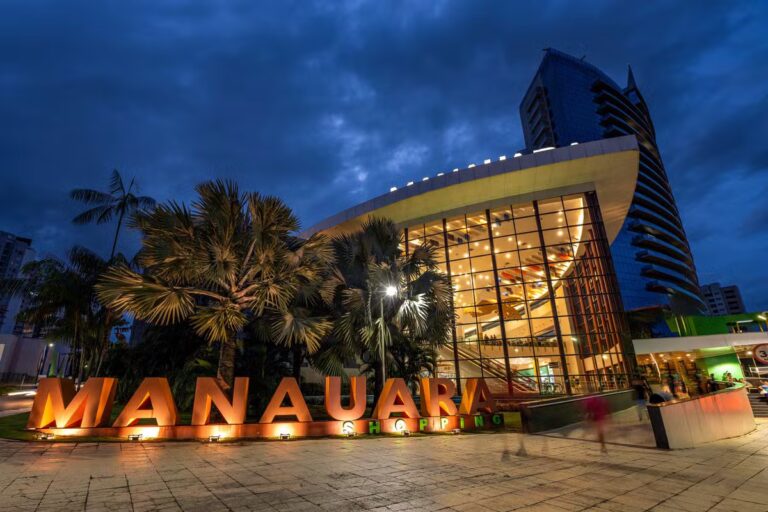
The U.S. Middle East Military Command (Centcom) reported on Wednesday (12th) that its military units have supported and facilitated more than 22 operations against Islamic State in Syria in the past few weeks.
According to the agency, the acts took place between October 1 and November 6, and resulted in the deaths of five members of the group and the capture of 19 others. The announcement came after Damascus agreed to cooperate with the international coalition against terrorist organizations and two days after Syrian leader Ahmed al-Sharaa visited the United States.
The visit is historic, the first by a Syrian leader to visit the White House since the Middle Eastern country gained independence in the 1940s, and after decades of tensions between the United States and Syria, which was ruled by President Bashar al-Assad until December last year.
The dictator’s ouster paved the way for Shara’a, a former al-Qaeda fighter, to rise to power. Since then, he has tried to shift his image away from terrorist groups, with some success so far. In recent months, he has pulled Syria away from former allies Iran and Russia and reconnected it with Turkiye, the Gulf monarchies and the United States.
Even without the hype that other heads of state had intended, the Syrian leader achieved a partial suspension of the toughest sanctions on Damascus announced by Washington just hours after his visit. The move could help alleviate the country’s economic crisis, which has been ravaged by 14 years of civil war.
President Trump later told a news conference that Shaller was a “very strong leader who came from a very difficult situation” and that the United States was “doing everything we can to make sure Syria succeeds,” especially during a period of peace in the Middle East. “I am confident that he (Sharaa) can do the job,” he said.
The meeting in Washington came six months after the first contact between the leaders in Saudi Arabia and days after the US government removed Sharer from its list of people linked to terrorism.
However, the new government is still grappling with other domestic challenges. More than 2,500 people have been killed in sectarian violence in recent months since the fall of Assad’s regime, raising questions about Sharer’s ability to govern and pacify the country.
Shara’a’s personal trajectory is itself a story of changes in Syrian politics. He joined al-Qaeda in Iraq after the 2003 US invasion and was imprisoned by US forces for years.
He returned to Syria and became one of the leaders of the rebellion against Assad. Known at the time as Abu Mohammad al-Jolani, he was designated a terrorist in 2013 but broke with al-Qaeda in 2016 and strengthened his influence in northwestern Syria.
At the end of 2024, Washington withdrew a $10 million reward for his capture, and last week the UN Security Council lifted sanctions against him and Interior Minister Anas Khattab. The US and UK have adopted similar initiatives.



